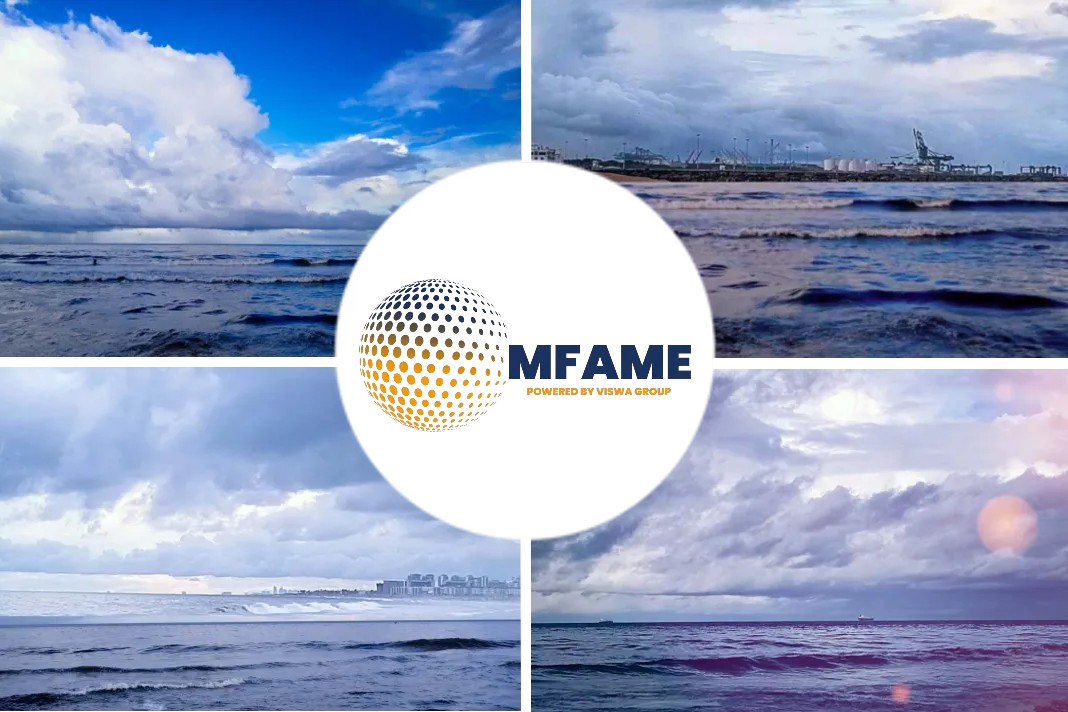- The European Parliament’s environment committee has voted for a ‘phase-out’ rather than simple ban of open-loop exhaust scrubbers in the maritime sector.
- The committee also criticised international efforts to reduce greenhouse gas (GHG) emissions from the sector, with members calling for the EU to proceed with its own efforts.
- The environment committee voted to slightly amend its opinion on measures for cleaner maritime transport.
- So as to now call on the European Commission to propose a ‘phase-out and ban on the use of open-loop scrubbers as soon as possible’.
- The committee also expressed concerns at the use of LNG.
Parliament mulls IMO, maritime CO2, scrubbers, says a news report in Argus Media.
Proposal to ban HSFO
The opinion approved today will feed into a report by the transport committee that also proposes banning the use of high-sulphur fuel oil (HSFO) with exhaust cleaning systems.
In the transport committee, Danish liberal Soren Gade spoke out against a simple ban on scrubbers without a proper impact assessment.
“Shippers have invested millions in scrubbers to comply with environmental legislation,” Gade told the transport committee.
IMO efforts insufficient
After voting on its opinion on cleaner maritime transport, the environment committee joined others in criticising recent proposals put forward by the International Maritime Organisation (IMO) to cut the sector’s GHG.
The draft proposals are to be considered by the IMO marine environment protection committee (MEPC) on 16-20 November.
Outcome of the talks
EU transport commissioner Adina Valean told the environment committee that she was “pleased” with the outcome of IMO talks, notably on the energy efficiency ship index and the carbon intensity indicator.
But Valean will not rest until the IMO approves “concrete technical and operational measures” to deliver on the IMO’s GHG reduction strategy, she said.
Rejecting the IMO proposals would have been a mistake, she said.
Not in a rush for negotiation with IMO
“We decided not to push for negotiations [at the IMO] to be postponed to an uncertain future date. And it is naive to hope that key players in the IMO will change their minds in six or 12 months. There is no time to wait,” Valean said.
“I really ask you [the commission] to put more pressure on the IMO. Times have changed. Why should the shipping sector not be climate neutral in 2050?” Peter Liese, speaking for parliament’s largest centre-right EPP group, said.
Opinion of Swedish socialist
And Swedish socialist Jytta Guteland said it is “rather embarrassing” that the maritime sector has not contributed more to GHG cuts. She called for slow streaming, wind propulsion and logistics optimisation.
“Every year at the IMO, it is like we will do it next year. It is not good enough,” Guteland said.
German Green Jutta Paulus also criticised the IMO.
“We have no binding measures [at the IMO’s MEPC]. Nothing that forces ships or companies to adhere to the measures to be taken,” Paulus said.
EU and its own measures
“It is all the more important that the EU pushes ahead with its own measures. We have to move faster than the IMO,” Paulus said.
Paulus is behind parliament’s report adopted in September calling for the inclusion of maritime GHG emissions in the EU’s emissions trading system by 1 January 2022, as well as cutting ships’ annual average CO2 emissions by more than 40% by 2030.
Did you subscribe to our daily newsletter?
It’s Free! Click here to Subscribe!
Source: Argus Media


















